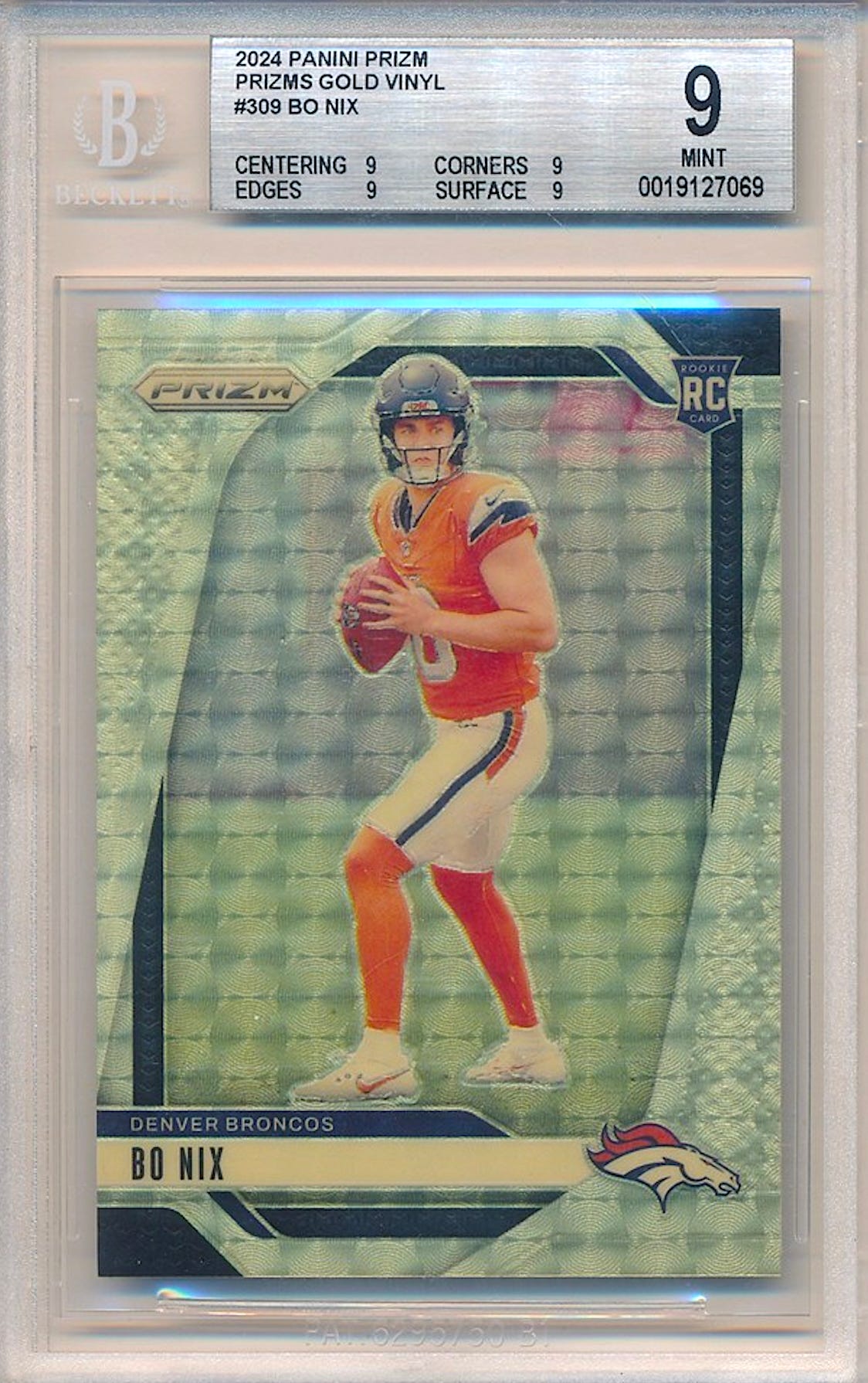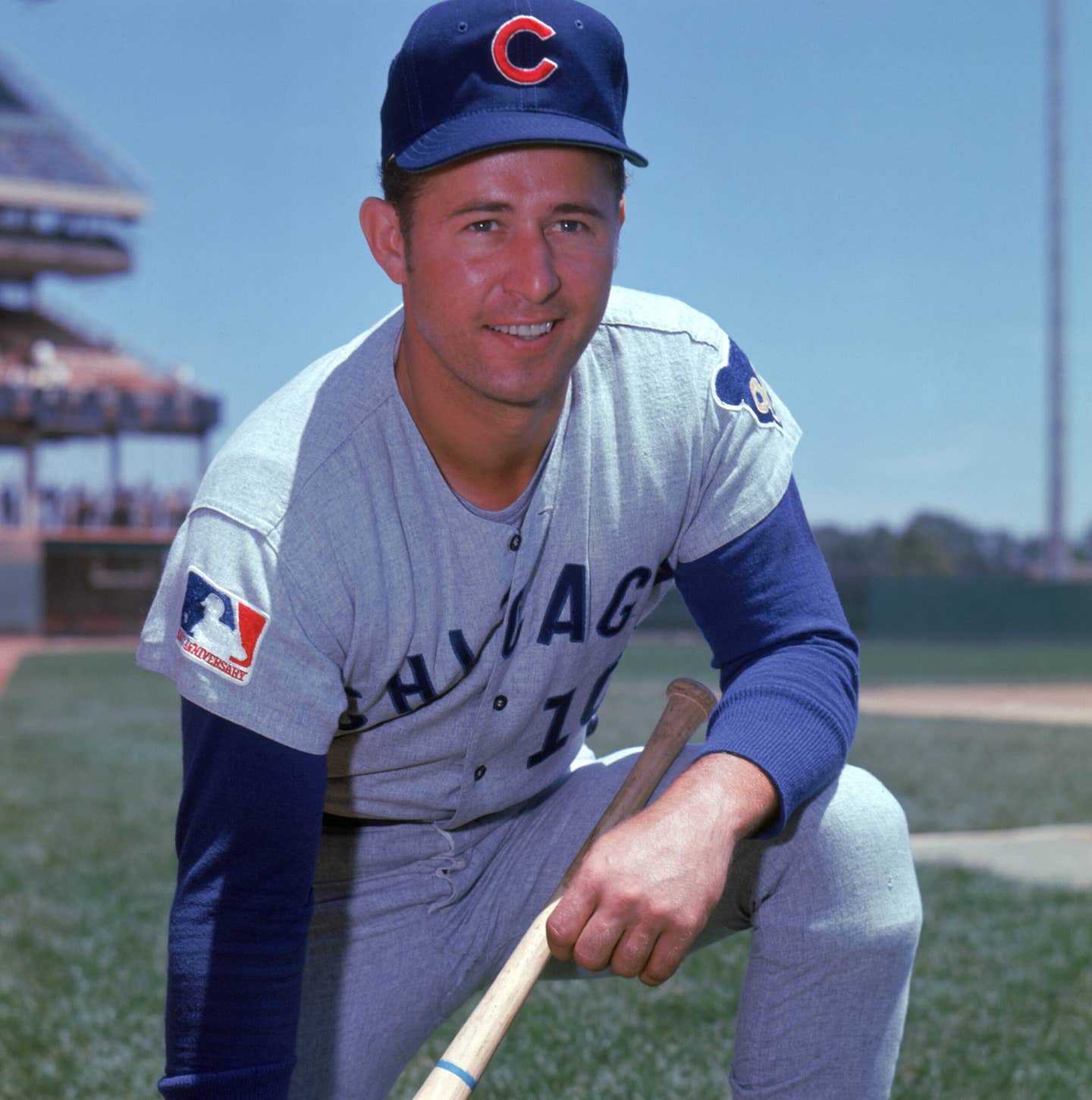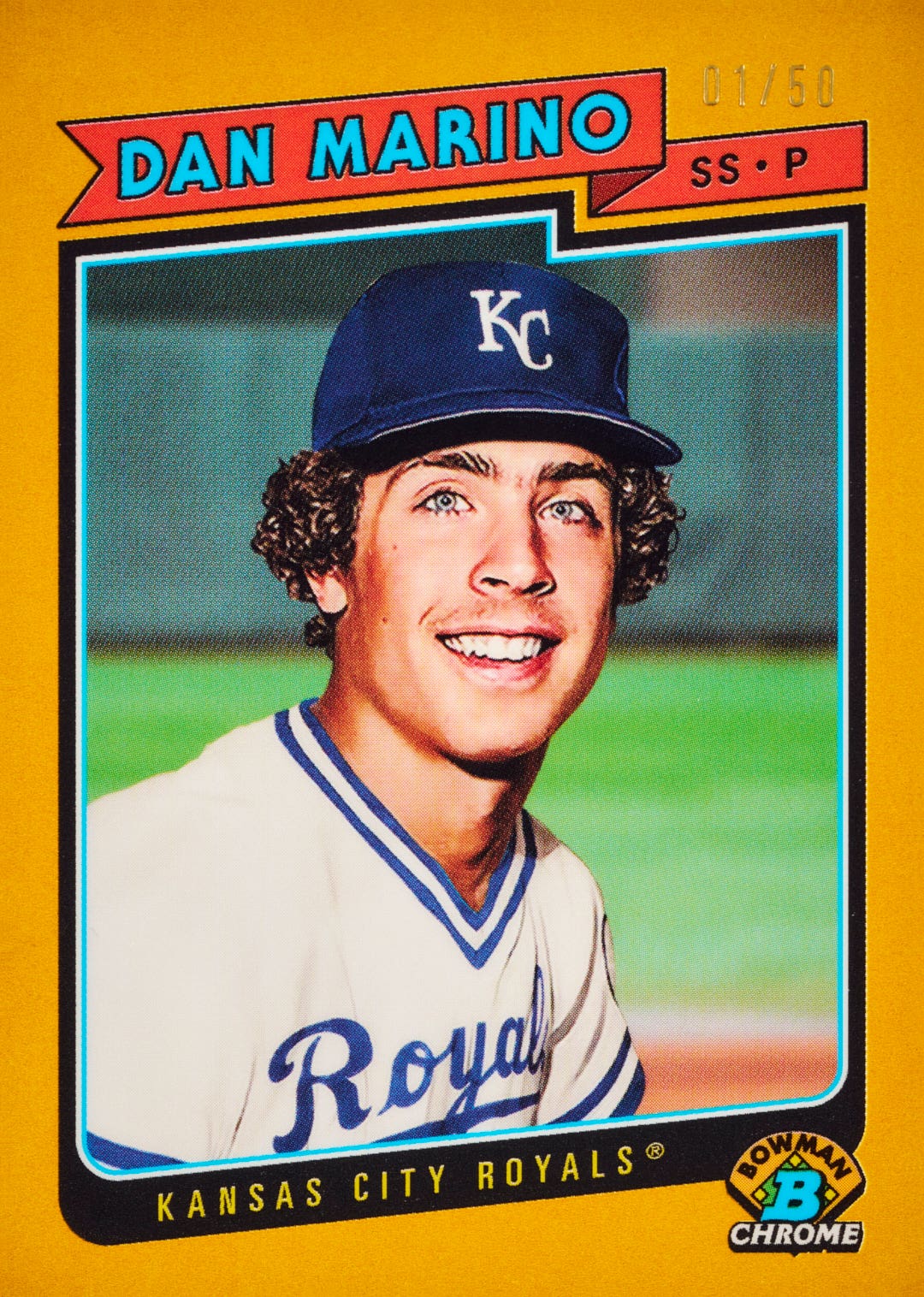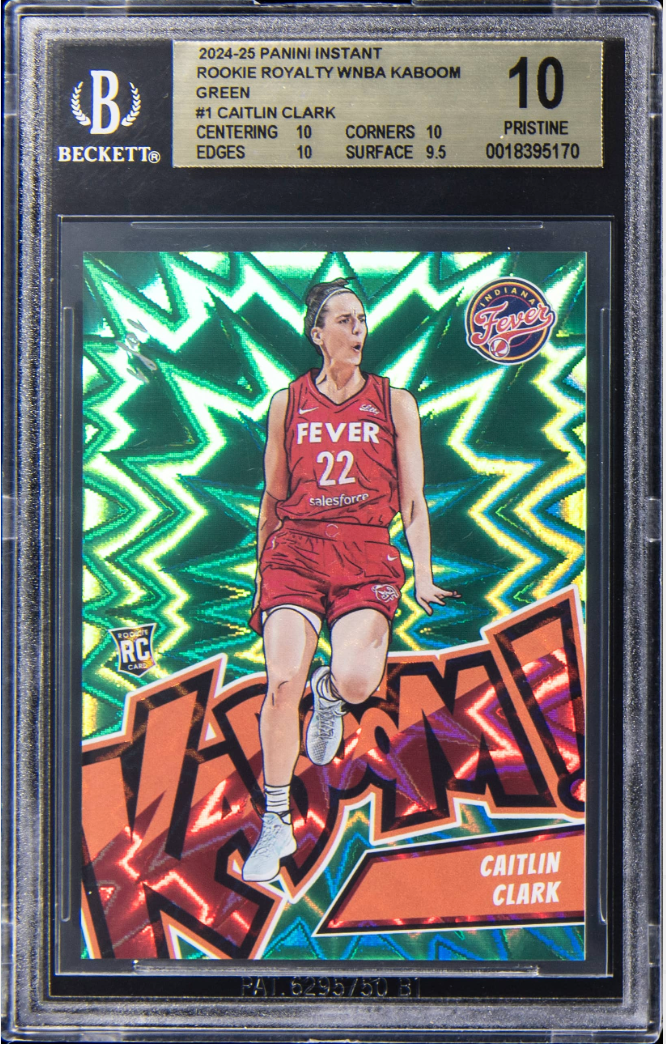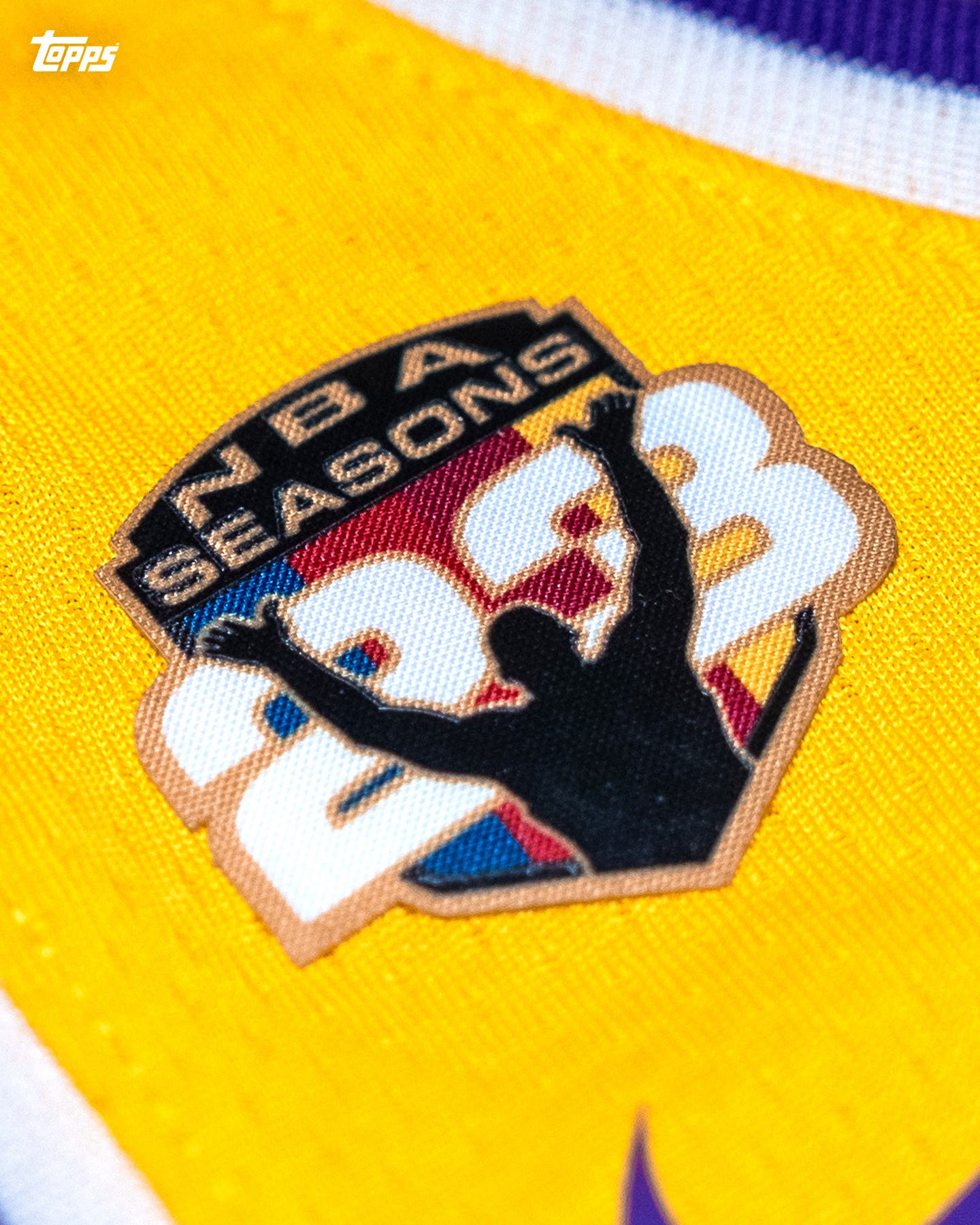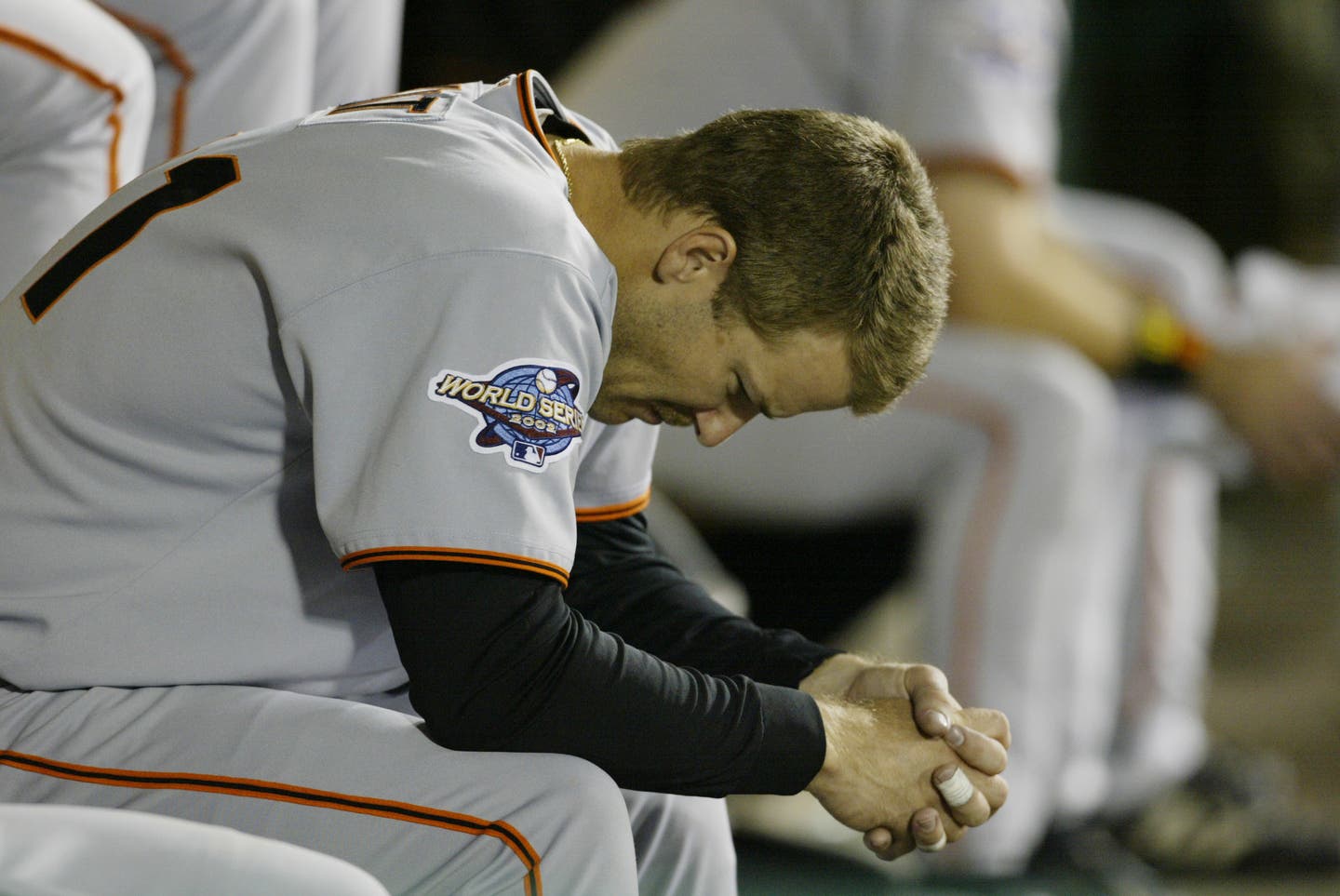News
Former Tiger Refuses to Charge for His Signature
John Hiller signed autographs at a 1981 card show in Jackson, Mich., run by hobby veteran Jim Hawkins. His autograph was sold for $2 each, yet Hiller was none too happy.
“I kind of felt like I was prostituting myself, and I just swore that I would never do that again,” said Hiller, who retired in 1980. “I never liked charging for autographs, and I still don’t.”
And Hiller stands by that to this day. He makes one card show appearance annually now at the Gibraltar Trade Center in Mt. Clemens or Taylor. His autographs are always free.
“I understand the older fellas charging – those who basically didn’t make any money while playing, but I’ve never believed in charging for autographs,” Hiller said. “It probably has cost me some money over the years, and sure, I know some collectors make money off the stuff I sign, but that’s OK.”
Hiller pitched his entire career for the Detroit Tigers, from 1965-70 and 1972-80. He was an All-star in 1974, and the American League saves leader in 1973. In ’73, Hiller won the Hutch Award and the Comeback Players of the Year award.
“The thing that comes to mind about my career is the fact that I almost lost my career due to my heart attack, and the Tigers had pretty much written me off, as had the doctors and cardiologists in Michigan,” said Hiller, who sought the advice of President Johnson’s personal cardiologist in 1972. “That day, when I came back to the mound after missing a year-and-a-half, well, that day probably was the thing that stands out the most.”
Hiller had suffered a heart attack on Jan. 11, 1971. He endured a lengthy recovery and was invited to spring training in 1972, but was left off the roster and designated as a batting practice pitcher and coach when the season began. He rejoined the team in July, and sparkled with a 2.03 ERA in 24 games, with three saves. His lone start came in a game against the Milwaukee Brewers.
Hiller also pitched in three games in the 1972 American League Championship Series against Oakland, winning Game 4 when Detroit scored three times in the bottom of the 10th inning.
“The toughest part of the heart attack was worrying that I was going to lose my income,” Hiller said. “I hadn’t even finished high school. I dropped out to play ball. At 27, with a little over three years in the majors, I might have been without a job. And I had two children. I was pretty paranoid. Heck, my main motivation to get back on the field was to earn a living. And, ultimately, I pitched a lot better after the heart attack.”
Hiller returned to the Tigers full time in 1973, posting a 1.44 ERA and a career-best 8 saves. He also led the American League with 65 appearances. Hiller became the first Tiger to lead the American League in saves since Al Benton in 1940, and the first to lead the league in games since Harry Coveleski in 1915. His saves record would stand for 10 years until Dan Quisenberry notched 45 saves in 1983.
In 1974, Hiller set an American League record with 17 relief wins, topping Dick Radatz’s total of 16 in 1964.
“I think I had more heart than talent,” Hiller said. “I was a fair player, respected. I never showed up a hitter on any team. I pitched when I was asked, whether it was the first or the ninth inning. It didn’t matter. I just enjoyed playing and wanted to put the uniform on. And I also enjoyed life after the game.
“The strikes and balls, hit and outs seem to fade away. It’s the memories that last – the friendships, the good times.”
Hiller had an 87-76 lifetime record, starting 43 of the 545 games he appeared in. He had six career shutouts, 13 complete games and 125 saves.
“After the heart attack, I hadn’t smoked cigarettes in five years,” Hiller relayed. “Billy Martin was stuck for a starter, and I was basically just a short relief pitcher. He asked if I wouldn’t mind starting in Minnesota, so I agreed.”
Hiller’s wife at the time came to the game, bringing along a bus load of family and friends from Duluth, Minn. Sadly, they watched as Hiller didn’t record an out, surrendering five runs.
In the clubhouse after the subpar outing, Hiller had a few beers and then grabbed a cigarette. He’s been smoking ever since.
“That game stands out,” Hiller recalled.
So, too, does an effort in Texas, when he pitched five innings, walked 10 and didn’t record the loss. There was also the one-hitter he threw against the White Sox.
“I’ve probably been surprised over my career, or over my life, how important sports people are to a lot of people,” Hiller said. “I grew up in Canada, so there weren’t a lot of baseball players up there. Still, people like to collect, and they collect everything. Autographs are something that people collect because it can give them a personal connection with that athlete.”
Hiller is a collector, although on a small scale. In one appearance at the Gibraltar show, he left with an autographed photo from Rod Carew. Hiller also has memorabilia from select teammates, along with a few autographed gems from the likes of Gordie Howe, Ted Williams and Muhammad Ali.
“I was in Pittsburgh getting an award in 1974 or ’75, and Ali was sitting beside me on the dais, so I asked him for an autograph,” Hiller said. “He wrote it on an index card.”
Though he is a collector, Hiller said he doesn’t think he’d would line up to get an autograph from anyone.
“I’m always surprised what collectors have saved,” he said. “I still see some things from ’68 that look like they come out of the attic after a long time. I’ve seen so much over the years that I’m not surprised any more. People have a good imagination when it comes to getting things signed.”
Hiller made his card debut in the 1966 Topps set (No. 209). He has all of his cards, and his favorite was his 1968 release.
“Nowadays, the cards have great action shots, but not back in the day,” said Hiller, who collected hockey cards as a kid. “I remember my old cards – we played with them; we flipped them.”
Hiller was a key part of the staff for the Tigers’ World Series championship team in 1968. He went 9-6 during the regular season, then pitched twice in relief for the Tigers in the World Series against St. Louis. He pitched two scoreless innings of relief to finish up Game 3, as the Tigers lost to the Cardinals, 7-3. He pitched again in relief in Game 4, surrendering three earned runs in Detroit’s 10-1 loss.
Hiller said he was scared to death in his World Series debut.
“It was my second year in the big leagues, and I didn’t pitch very well,” Hiller said. “But being a relief pitcher, you tend to forget your last outing rather quickly. You have to.”
One thing he’ll never forget are the memories of that championship season.
“It never gets old talking about 1968,” Hiller said. “It certainly was something special, a very special season. Winning a championship at any level is special. There are a lot of great players who have played the game yet never got a World Series ring.
“The key to 1968 was losing by one game in 1967. We knew we had a great team, and coming within one game . . . that was our motivation in 1968. We were prepared mentally in 1968 to win the pennant.”
The ’68 Series didn’t start the way the Tigers wanted, as St. Louis triumphed, 4-0. Eventually, the Cardinals won three of the first four games of the Series.
“After Game 1 of the World Series, we were pretty down,” Hiller said. “When we went down 3-1, we still thought we could win, but mostly just didn’t want to embarrass ourselves. When we tied the Series at 3-3, I noticed a different attitude in St. Louis. They were starting to get nervous, and I think that played into our favor.
“There were key plays and great pitching performances throughout the Series. Sometimes, you just think it’s in the cards for a certain team to win. Everything sort of just fell into place. As their confidence seemed to decrease, ours seemed to increase.”



